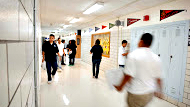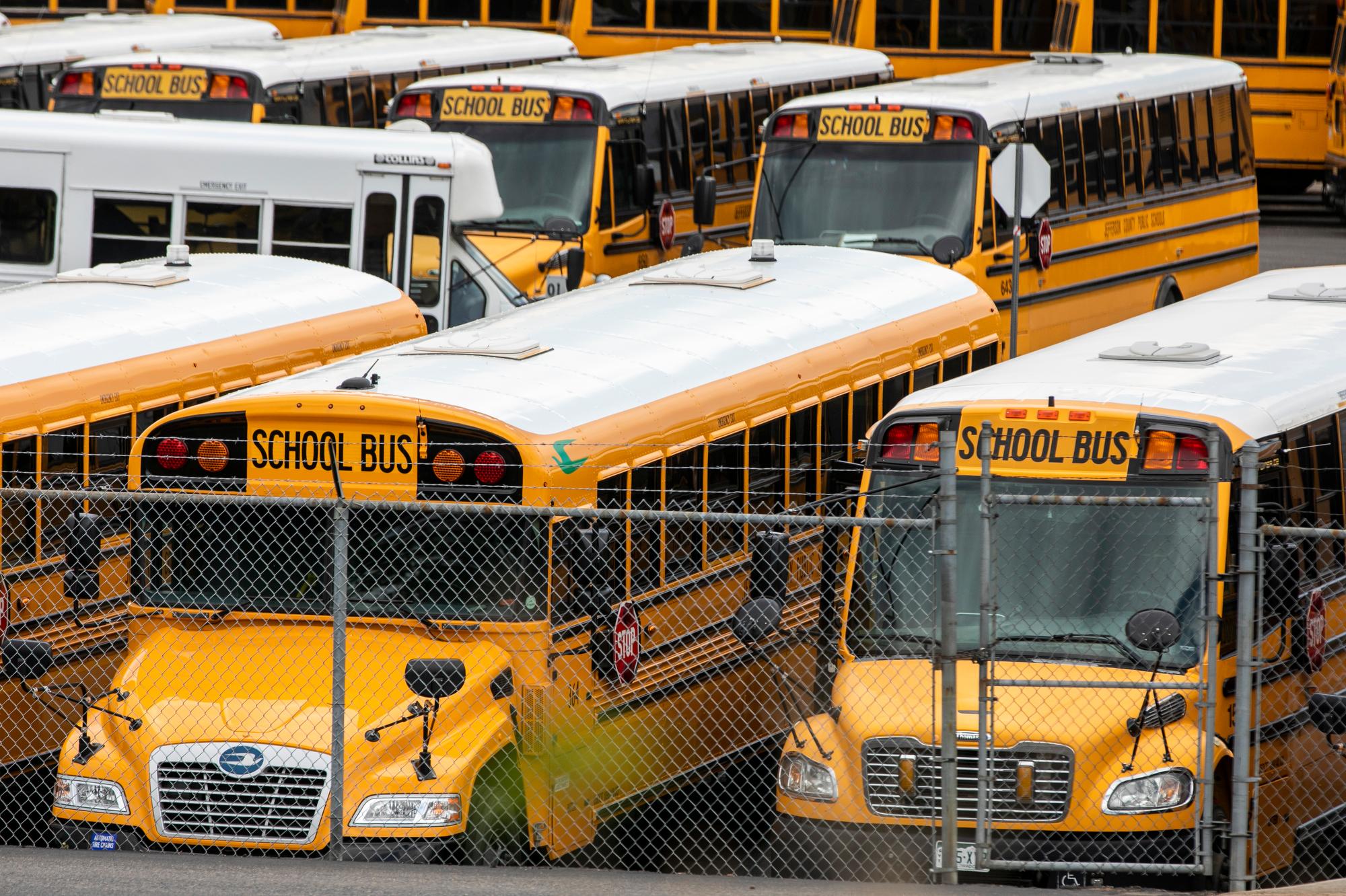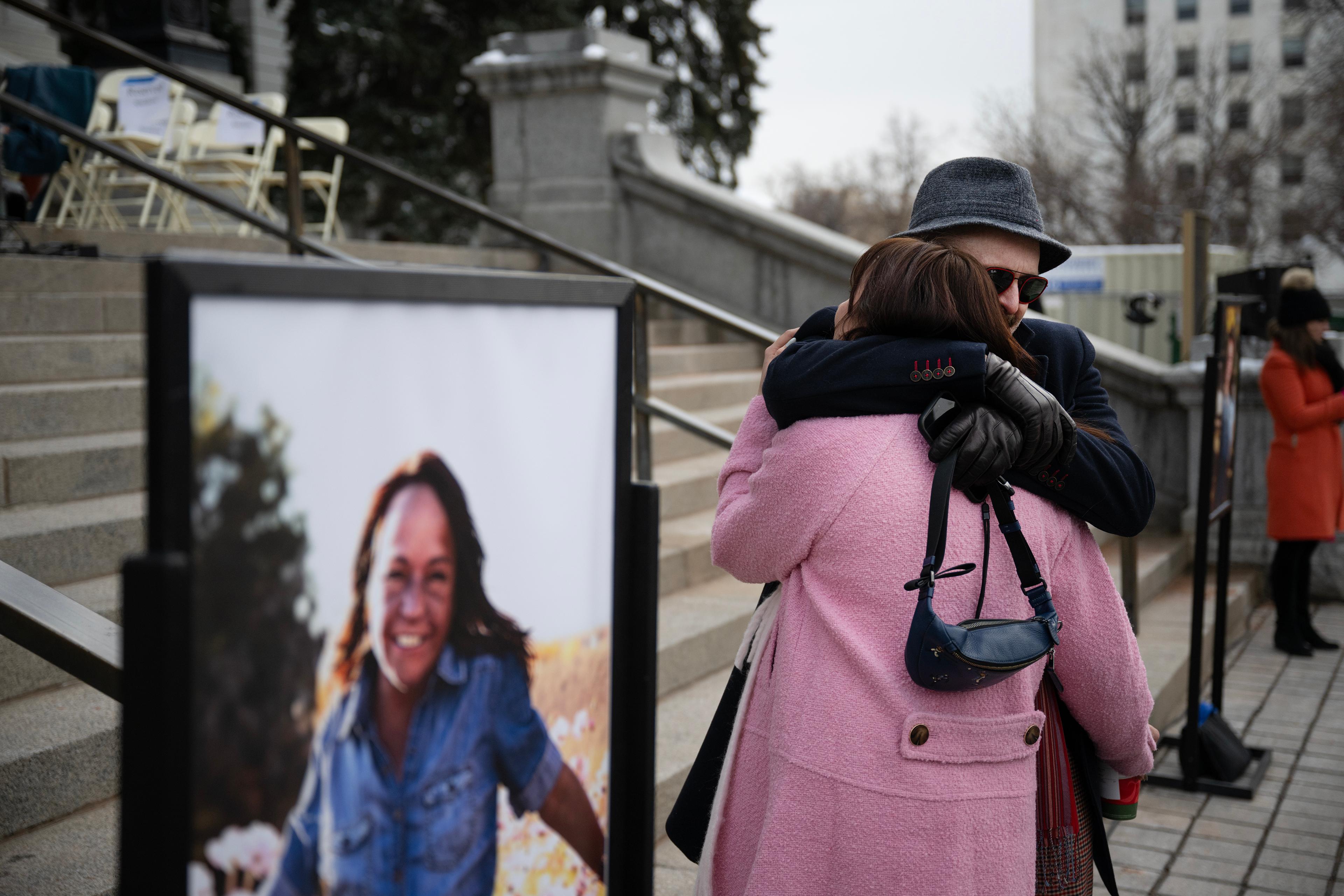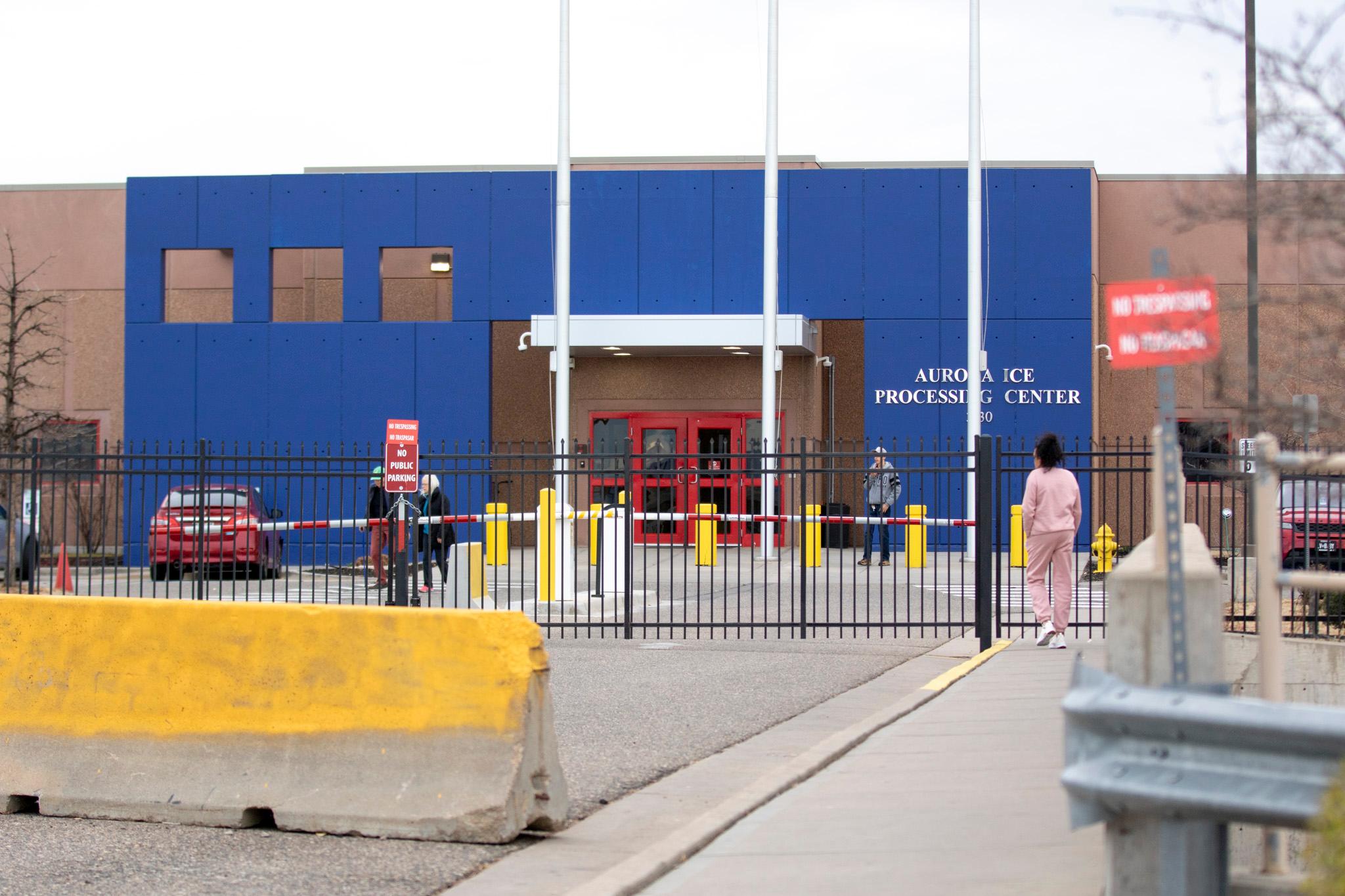
The report, the final in a three-year study of innovation schools, looked at 19 innovation schools in Denver and 10 comparison schools to examine three factors: teacher empowerment, workforce capacity and student outcomes.
While the experimental public schools showed slightly higher levels of academic growth than traditional schools overall, the number of students performing at grade level was lower than the state average.
Meanwhile, teachers at innovation schools reported feeling more empowered.
“The more that staff trusted one another, they felt like they were all rowing in same direction, around the same mission, seemed to be connected with them [students] doing slightly better,” Director of A+ Denver Van Schoales, an education nonprofit that participated in the study, said.
Schoales explained that the lower number of students performing at grade level likely was because many of the students were already performing well below grade level when the innovation experiment started.
“There were a lot of folks that thought innovation schools were going to be, if not a silver bullet, maybe a titanium bullet that it would have dramatically better achievement and what we find was it was having slightly better achievement,” Schoales added.
The study also found innovation schools had a teacher turnover rate 11 percent greater than comparison schools. In those schools, teachers are hired without union contracts.
Teachers were also less experienced as were principals, according to the report.
Average total teaching experience was 3.77 years in innovation schools and 9.05 years in comparison schools.
Additionally, 54 percent of principals at innovation schools had fewer than three years of experience while 38 percent of principals at comparison schools had fewer than three years of experience.
That data point raised concern for the Denver Classroom Teachers Association.
“We know that in order for schools to build on systemic practices and create a culture of professional learning and trust there needs to be consistency and momentum,” DCTA president Henry Roman said. “Rebuilding a school culture from the ground up with high teacher turnover doesn’t support these goals. Innovation status does not guarantee a strong leader or proper implementation of the school design.”








